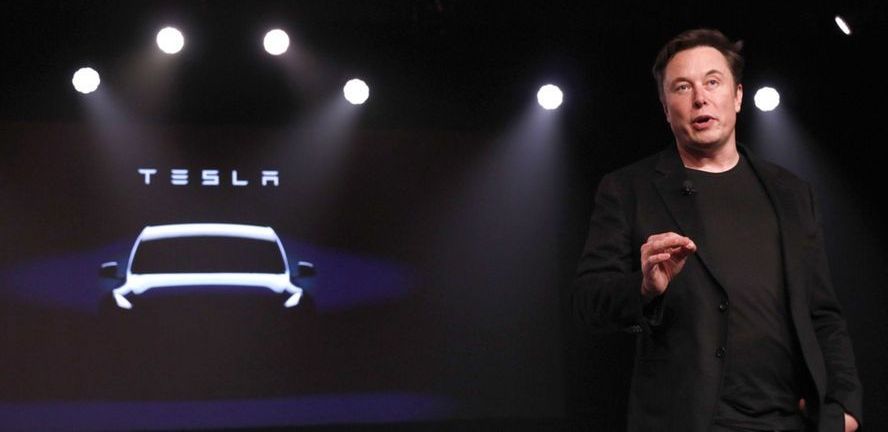Circa 2017
Do we really have nothing to fear?

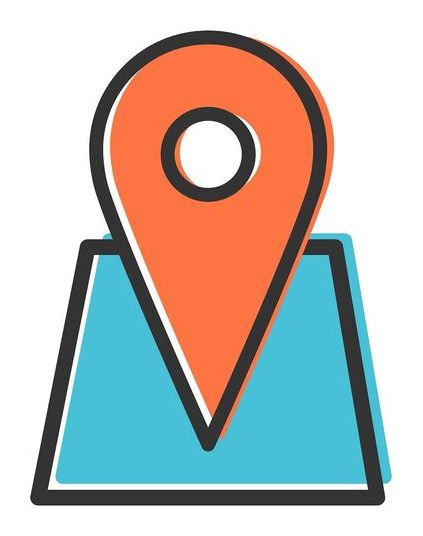
Southwest Research Institute has developed a cyber security system to test for vulnerabilities in automated vehicles and other technologies that use GPS receivers for positioning, navigation and timing.
“This is a legal way for us to improve the cyber resilience of autonomous vehicles by demonstrating a transmission of spoofed or manipulated GPS signals to allow for analysis of system responses,” said Victor Murray, head of SwRI’s Cyber Physical Systems Group in the Intelligent Systems Division.
GPS spoofing is a malicious attack that broadcasts incorrect signals to deceive GPS receivers, while GPS manipulation modifies a real GPS signal. GPS satellites orbiting the Earth pinpoint physical locations of GPS receivers embedded in everything from smartphones to ground vehicles and aircraft. SwRI designed the new tool to meet United States federal regulations. Testing for GPS vulnerabilities in a mobile environment had previously been difficult because federal law prohibits over-the-air re-transmission of GPS signals without prior authorization.
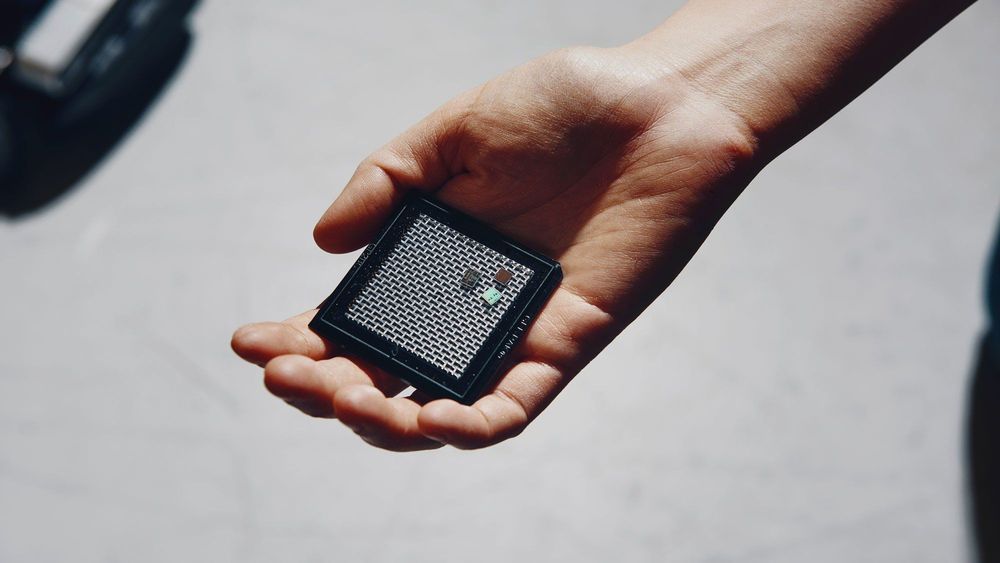

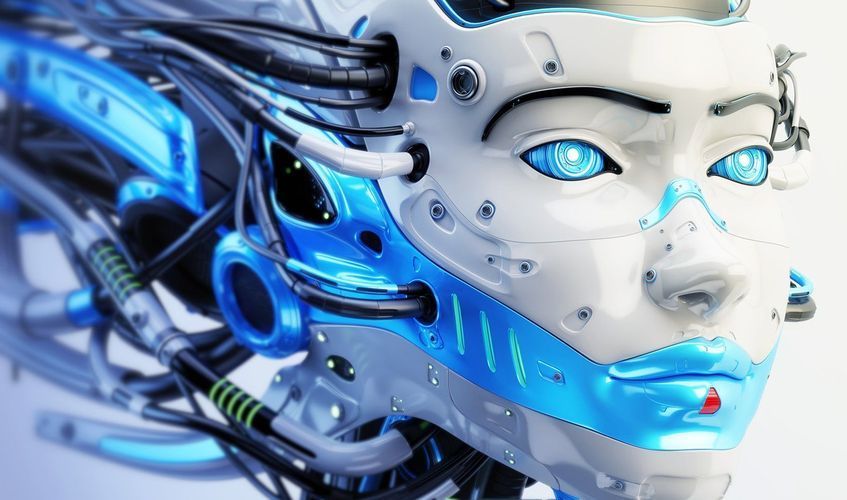

The companies that are leading research into AI in the US and China, including Google, Amazon, Microsoft, Baidu, SenseTime and Tencent, have taken very different approaches to AI and whether to develop technology that can ultimately be used for military and surveillance purposes.
Companies criticised for overruling and even dissolving ethics boards.
The drone delivery of a kidney recently used for an organ transplant in Baltimore is being characterized by the University of Maryland as a “pioneering breakthrough” advancement in human medicine and aviation technology.
“It’s huge. We knew from the very first time that we met with Dr. (Joseph) Scalea, and he suggested the idea of what he wanted to do — we knew it would be earth-shattering and life-changing, and it really has become that,” Matthew Scassero, director of the Unmanned Aircraft Systems Test Site at the University of Maryland, told WTOP.
The unmanned aircraft system’s flight on April 19 through the city of Baltimore occurred at about 12:30 a.m. and was less than 3 miles, but represents a huge first step.

Artificial intelligence has been showing us many ish tricks as apers of human-created art, and now a team of researchers have impressed AI watchers with PaintBot. They have managed to unleash their AI as a capable mimic of the old masters.
AI can deliver a Van Gogh–ish, Vermeer–ish, Turner–ish painting. The team, from the University of Maryland, the ByteDance AI Lab and Adobe Research, turned an algorithm into a mimic of the old masters.
“Through a coarse-to-fine refinement process our agent can paint arbitrarily complex images in the desired style.”

Here is a vegetable weeding robot designed to increase efficiency on large-scale vegetable farms. It works autonomously and can cover up to 12 acres in 9 hours. It uses GPS and camera to get the job done with accuracy.
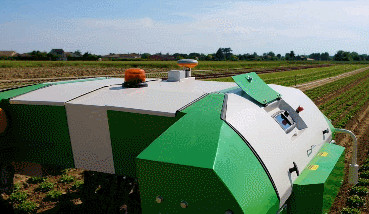
Dino is designed to reduce labor costs and free up time for farming teams to focus on more important tasks. It can be put on a schedule and since it’s electric, only minimal maintenance is required.
